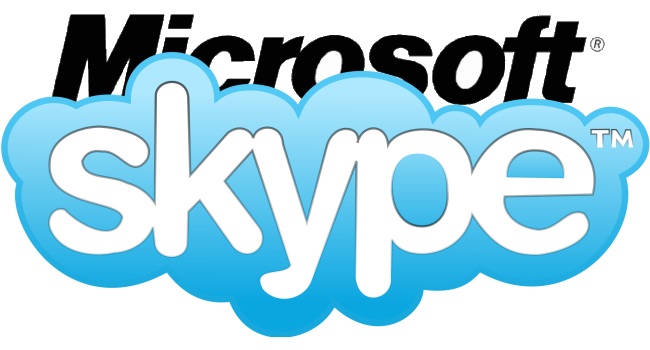
Rumors may have pointed toward a Google or Facebook buyout, but Microsoft announced today that it has definitively agreed to purchase Skype for $8.5 billion in cash (we learned about this last night). The buyout has been approved by both companies. The Redmond software giant claims that it will continue to support Skype on non-Microsoft platforms, but is quick to point out that “Microsoft devices like Xbox and Kinect, Windows Phone, and a variety of Windows devices will connect Skype users with Lync, Outlook, Xbox Live, and other communities.
“Skype is a phenomenal service that is loved by millions of people around the world,” said Microsoft CEO Steve Ballmer. “Together we will create the future of real-time communications so people can easily stay connected to family, friends, clients and colleagues anywhere in the world.”
According to a press release, Microsoft will create a new division specifically for Skype with current Skype CEO Tony Bates assuming the title of president of the Microsoft Skype Division. He will report directly to Microsoft CEO Steve Ballmer. “Tony Bates has a great track record as a leader and will strengthen the Microsoft management team. I’m looking forward to Skype’s talented global workforce bringing its insights, ideas and experience to Microsoft,” Ballmer said.
This isn’t the first time Skype was purchased by a large company. In 2005, eBay bought Skype, but lacked a vision or plan to implement or do anything with the service. Much like the millions who waste money on eBay, the Web auction site got a serious case of buyer’s remorse. After letting it sit and whither for four years, eBay finally sold Skype to an investor group led by Silver Lake in 2009. It went for $2 billion. Since that time, the service has made some strides, obtaining IP for its technology and increasing its usage. More than 170 million users are now on Skype using 207 billion minutes of voice and video last year alone.
We aren’t sure why Microsoft paid so much ($8.5 billion), but it may have had to outbid competitors. Luckily, Microsoft has a $40 billion cash warchest for just these types of purchases. Skype’s technology could easily enhance almost every major service and product Microsoft offers, especially Windows Phone. Deep integration with Windows Phone could give Microsoft a leg up on the competition as cellular calls slowly move away from voice networks and onto wireless carrier data networks.
What do you think? Will this hurt Skype on Android and other platforms?


